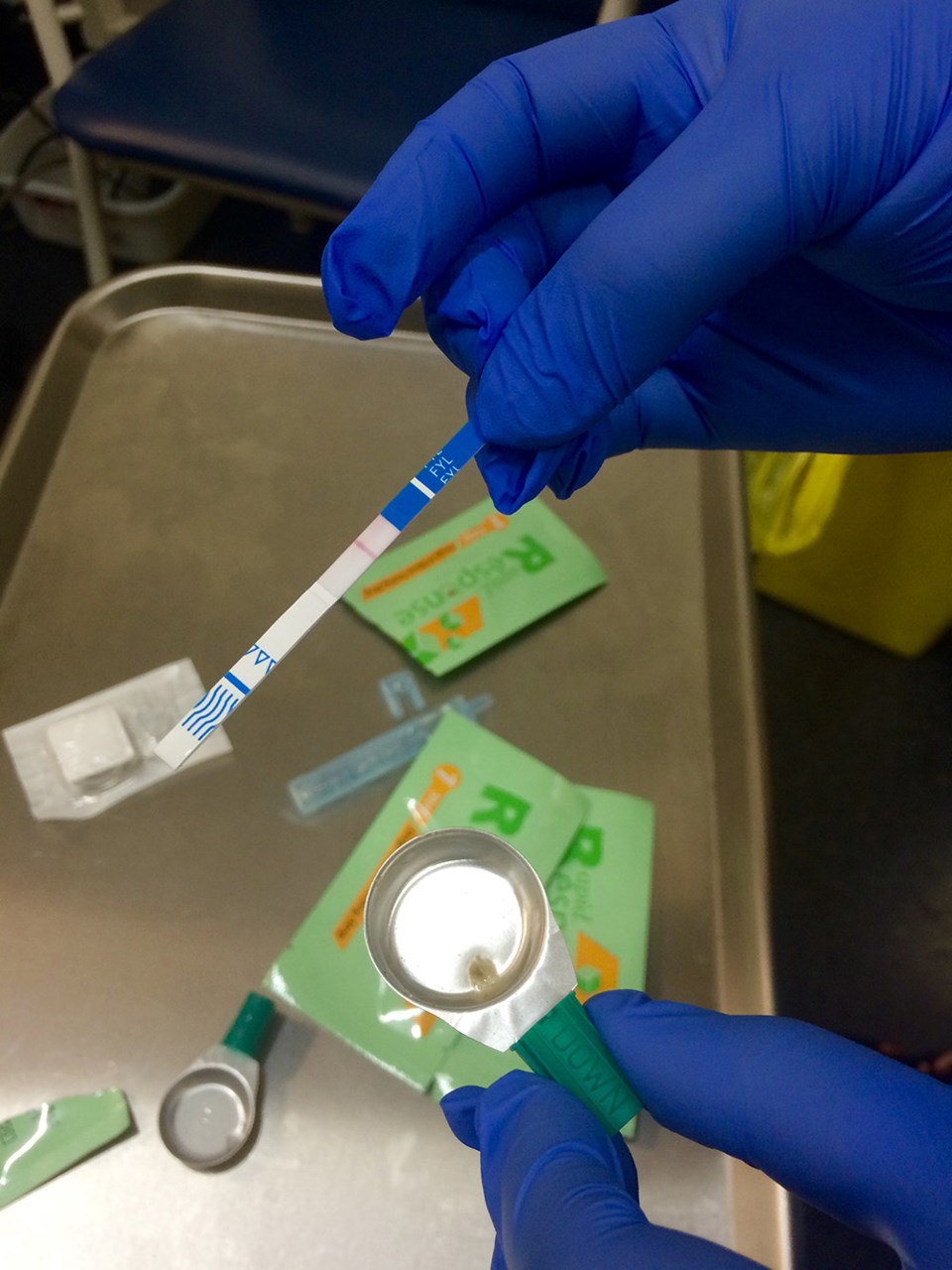qathet region continues to have a high per capita incidence of death due to the illicit drug supply.
In the wake of a report from the BC Coroners Service, indicating 192 lives were lost to toxic substances in July, Lift Community Services executive director Stuart Clark said since the pandemic arrived, there has been a higher number of deaths.
“People have less support and all the people who were managing to find a way to keep some kind of housing together got really unwelcome really fast during the pandemic.
“Housing became a problem and we know the number one cause of people dying from the toxic drug supply is because people are using alone because there is no one there to help them.”
Stigma associated with drug use is a factor, according to Clark, and there is also an issue of services and places where people can use safely.
“Unfortunately, our numbers are high, and we are now at the fifth highest in the province per capita fatalities due to the illicit drug supply,” he added. “That’s really sad.”
According to statistics from BC Coroners Service, from January to April 2022, there were seven deaths in this region.
Clark said it’s difficult not to feel demoralized and disappointed by this latest report. He said in 2019, there was excitement and relief when numbers started going down.
“The rate of change and the increasing need is outpacing the speed at which we can respond,” said Clark.
He said the problem is not just one of homelessness. People who are employed and with families have died from toxic drugs, he added.
“Most people who use substances are housed,” said Clark. “It’s a very complicated issue. We are working at it and we continue to plead with our provincial partners to continue with plans around decriminalization. Our mayor and many other mayors wrote letters asking for decriminalization and it happened.”
Another important issue according to Clark is safe supply.
“We continue to call on our provincial partner to work on the safe supply issue,” said Clark. “It’s not just us saying this. The chief medical officer of BC agrees. The chief coroner of BC is the largest critic of the government being too slow on safe supply. All of the professionals are onboard; it’s a political issue at this point and it’s going really slow because it involves federal legislation.”
Clark said Lift, along with the ambulance service and Vancouver Coastal Health, save lives every day.
“We’re one of those groups on the front lines, reviving people, while we wait for our government to change the rules so we don’t have to do this anymore,” said Clark.
Lisa Lapointe, BC’s chief coroner, stated in a media release that as they have for the past seven years, the numbers reflect the ever-present threat that illicit drugs pose to substance users across the province.
“The unregulated drug market continues to be volatile and toxic, and anyone using drugs purchased from illicit suppliers is at high risk for serious harm or death,” stated Lapointe. “We continue to urge those using illicit drugs to access drug-checking services, where available, or visit overdose-prevention sites, where available.”
The 192 lives lost in July equates to approximately 6.2 deaths per day across the province.
The release stated that illicit drug toxicity is the leading cause of unnatural death in BC and is second only to cancers in terms of years of life lost. At least 10,158 British Columbians have been lost to the illicit drug supply since the public-health emergency of substance-related harms was first declared in April 2016.



